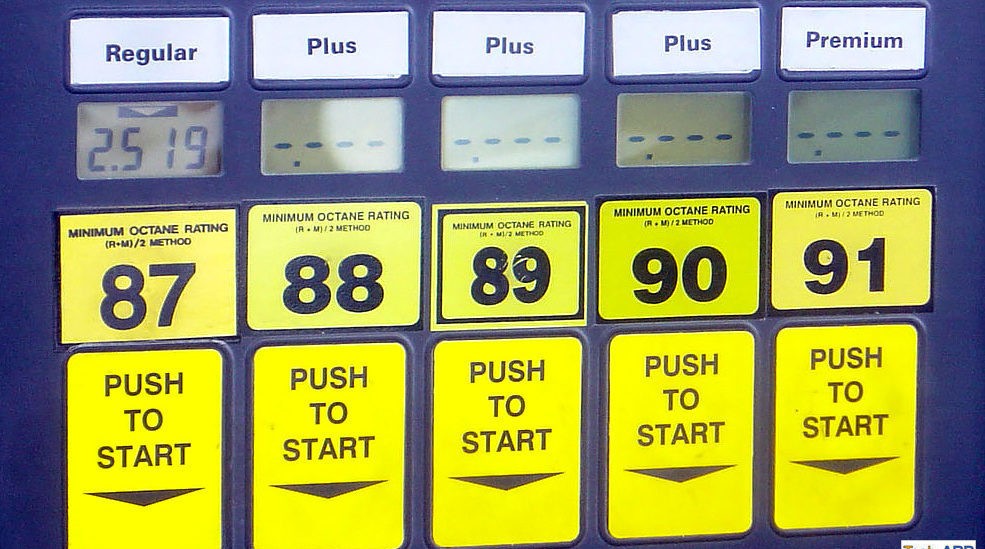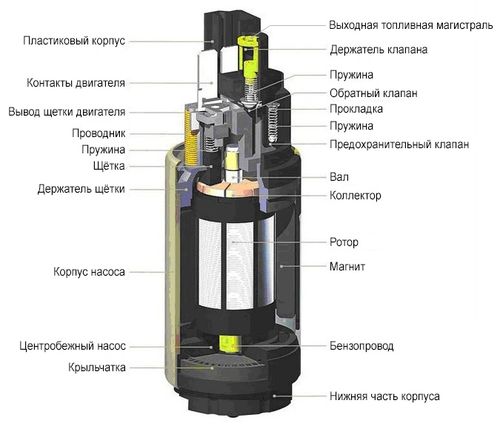
What type (octane rating) of gasoline is recommended for my car?
When someone pulls up to a gas station, the first thing they see is a big glowing sign with the prices of various grades of gasoline. There is regular, prize, super, and a number of other variants of the names of these classes. But which class is the best?
Octane value.
Most people think that octane is to gasoline what "proof" is to alcohol. This is a common misconception, and the real source of octane is a bit more surprising. The octane rating is actually a measure of how resistant that grade of gasoline is to engine knock at a higher compression ratio in the combustion chamber. Less stable fuels below 90 octane are suitable for most engines. However, in high performance engines with a high compression ratio, the air/fuel mixture may be sufficient to ignite the mixture before the spark plug has sparked. This is called "ping" or "knocking". High-octane fuel is able to withstand the heat and pressure of high-performance engines and avoid detonation by igniting only when sparked by a spark plug.
For cars that drive normally, it's easier to avoid engine knock, and higher octane doesn't improve performance. In the past, cars required higher octane fuel every few years due to engine deposits increasing compression. Now all major brands of gas have cleaning detergents and chemicals that prevent this buildup. There is no reason to use higher octane fuel unless the engine knocks and hums.
How to determine what octane rating your car needs:
First, open the fuel tank flap.
Next, inspect the gas tank cap and the inside of the fuel filler flap. On one of them should be written the recommended octane number of fuel for the car.
A typical way of listing the recommended octane number of a fuel is as follows:
- XX Octane number (sometimes "AKL" is put instead of octane number)
- XX octane minimum
Using fuel with an octane rating below the minimum requirement may result in engine knock.
Choose fuel based on octane rating, not the name (regular, premium, etc.) of the grade.
If the cap is yellow, then it is a flex-fuel vehicle that can refuel with E85 ethanol.

